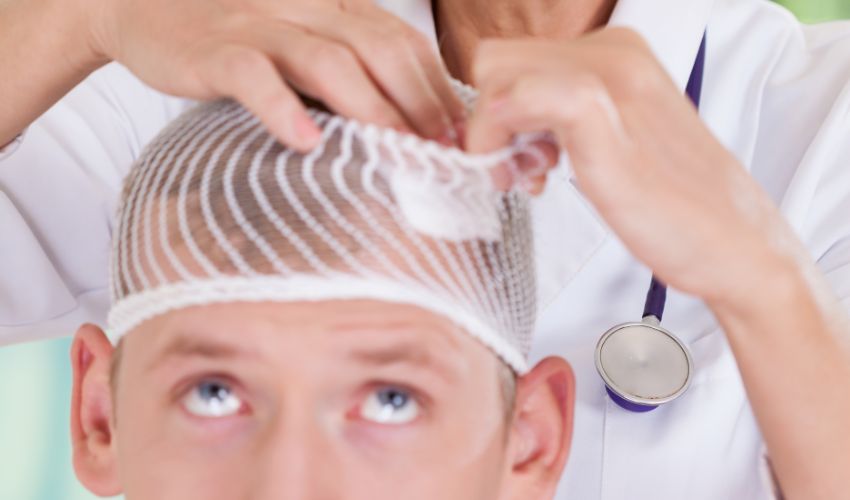Head injuries are a common occurrence, especially among athletes and people involved in high-risk activities. A head injury can range from a minor bump on the head to a severe concussion. Head injuries can be caused by falls, accidents, sports injuries, and violence. A head injury can lead to serious consequences, including brain damage, if not treated properly. In this article, we will discuss the causes, symptoms, treatment, and prevention of head injuries.
Causes of Head Injury:
There are several causes of head injuries, including:
- Falls: Falls are the most common cause of head injuries, especially among the elderly and young children.
- Accidents: Motor vehicle accidents, bicycle accidents, and pedestrian accidents can all lead to head injuries.
- Sports Injuries: Athletes involved in high-impact sports such as football, boxing, and hockey are at risk of head injuries.
- Violence: Head injuries can also be caused by physical assault or gunshot wounds.
Symptoms of Head Injury:
The symptoms of a head injury can vary depending on the severity of the injury. Some common symptoms include:
- Headache
- Dizziness
- Nausea or vomiting
- Fatigue or drowsiness
- Sensitivity to light or noise
- Loss of balance or coordination
- Blurred vision or ringing in the ears
If you experience any of these symptoms after a head injury, it is important to seek medical attention immediately.
Treatment of Head Injury:
The treatment of a head injury depends on the severity of the injury. For minor head injuries, rest and over-the-counter pain medication may be all that is needed. For more severe head injuries, hospitalization and specialized treatment may be required. In some cases, surgery may be necessary to treat a head injury.
Prevention of Head Injury:
There are several steps you can take to prevent head injuries, including:
- Wear a helmet: If you participate in high-impact sports or activities, wear a helmet to protect your head.
- Use seat belts: Always wear a seat belt while driving or riding in a vehicle.
- Install safety features: Install safety features in your home, such as handrails and non-slip mats, to prevent falls.
- Avoid alcohol and drugs: Avoid alcohol and drugs, which can impair your judgment and increase your risk of accidents.

FAQs:
How long does it take to recover from a head injury?
The recovery time for a head injury can vary depending on the severity of the injury. Minor head injuries may only take a few days to recover from, while more severe head injuries can take several weeks or even months to fully recover.
Can a head injury cause brain damage?
Yes, a head injury can cause brain damage, especially if the injury is severe. It is important to seek medical attention immediately after a head injury to prevent further damage.
Can a head injury lead to long-term effects?
Yes, a head injury can lead to long-term effects, including cognitive impairment, memory loss, and personality changes.
How can I prevent head injuries while playing sports?
Wear a helmet while playing high-impact sports and follow the rules of the sport to minimize your risk of head injury.
What should I do if I experience symptoms of a head injury?
Seek medical attention immediately if you experience symptoms of a head injury, such as headache, dizziness, or loss of consciousness.

Conclusion:
Head injuries can be serious, but they can also be prevented. It is important to take precautions to prevent head injuries, such as wearing a helmet while participating in high-impact sports, using seat belts while driving, and installing safety features in your home to prevent falls. If you do experience a head injury, it is important to seek medical attention immediately, even if the injury seems minor. Proper treatment and monitoring can help prevent long-term effects and ensure a full recovery. By taking steps to prevent head injuries and seeking prompt medical attention when necessary, you can protect your brain and stay healthy.






















